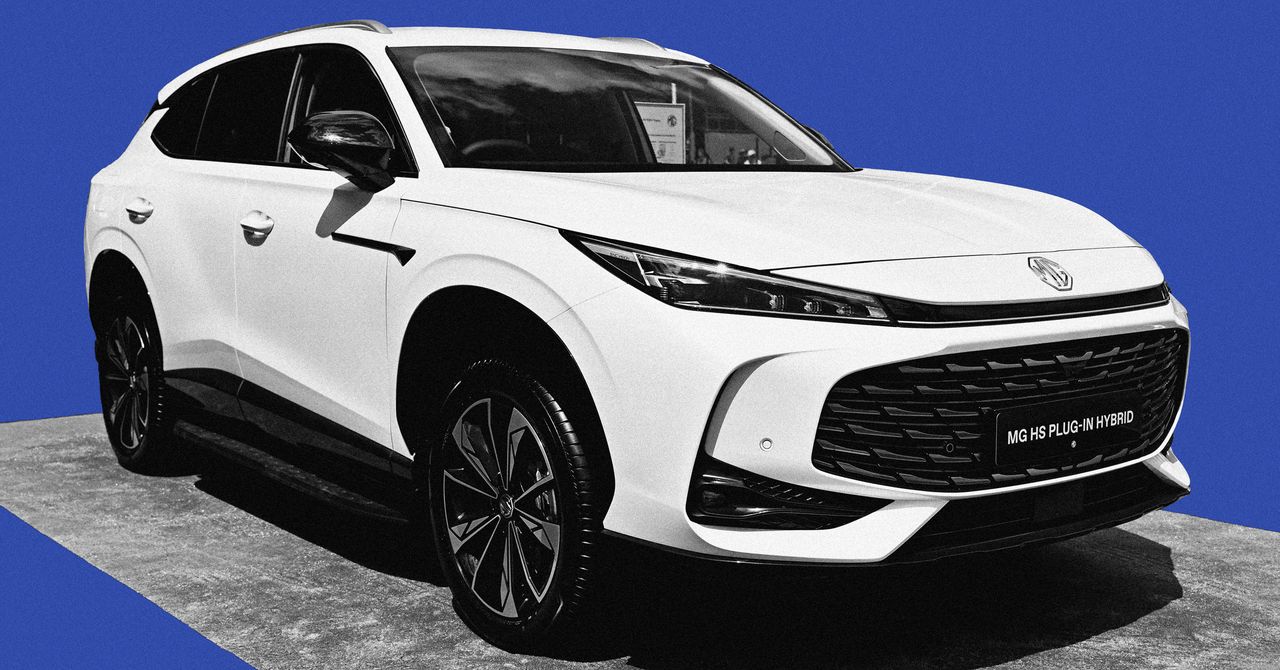Expert Tips for Buying a Used Plug-In Hybrid Car

Amidst evolving market dynamics, the electric vehicles sector is witnessing a unique phase. Interestingly, it's also a promising time to explore the world of plug-in hybrids.
The federal policies aimed at promoting new-energy vehicles faced challenges during the previous administration. However, substantial financial incentives are still on the table. Qualified used battery-electric cars and plug-in hybrids can benefit from tax credits of up to $4,000 till the end of September.
PHEVs, or plug-in hybrids, are complex vehicles that utilize both internal combustion engines and electric motors. With diverse models available, picking the right used plug-in hybrid requires due diligence. Here's how to navigate that decision.
Understand the Terminology
A plug-in hybrid is distinct from a regular hybrid. While both have electric motors and gas engines, plug-in hybrids feature larger batteries that require charging. This enables them to operate on electricity until the battery depletes, subsequently switching to gas.
Older PHEVs often have limited electric ranges, with some models reaching less than 17 miles per charge. Certain models have a more 'gas-biased' approach, switching to fuel during specific scenarios like heavy loads or AC usage, making it crucial to investigate the specifications closely.
PHEVs rely on standard 120-volt wall outlets for charging, with faster "level 2" charging options also available, as opposed to fast chargers found along highways.
Assess Lifestyle Compatibility
Determining if a used PHEV suits your lifestyle involves evaluating your driving patterns. Joseph Yoon from Edmunds emphasizes assessing whether daily commutes align with the limited range and ensuring overnight charging capability at home.
If these conditions aren't met, traditional hybrids might be more economical. Alternatively, consider newer PHEV models with longer battery ranges and improved transitions between electric and gas propulsion.
Evaluate Battery and Warranty
The longevity of a PHEV revolves around its battery, which can be costly to replace. Most have proven more sturdy than anticipated, yet it's wise to get a battery health check from the dealer.
Warranty coverage, including battery protection up to eight years or 80,000 miles, plays a vital role. Transfers of such warranties between owners need confirmation with the automaker, especially given that PHEVs involve numerous mechanical complexities.
Check Service Records
Due to their mechanical intricacies, knowing a used PHEV's service history is crucial. Ensure routine maintenance like oil and spark plug changes are part of the record.
Test Charging Capabilities
Before buying, test the vehicle's charging and connecting cables using both 120-volt and 240-volt chargers to ensure functionality.
Explore Incentives
Available till September 30, some federal tax incentives offer up to $4,000 for used PHEV purchases. Check state and local programs that may further alleviate costs or aid in installing home chargers.



